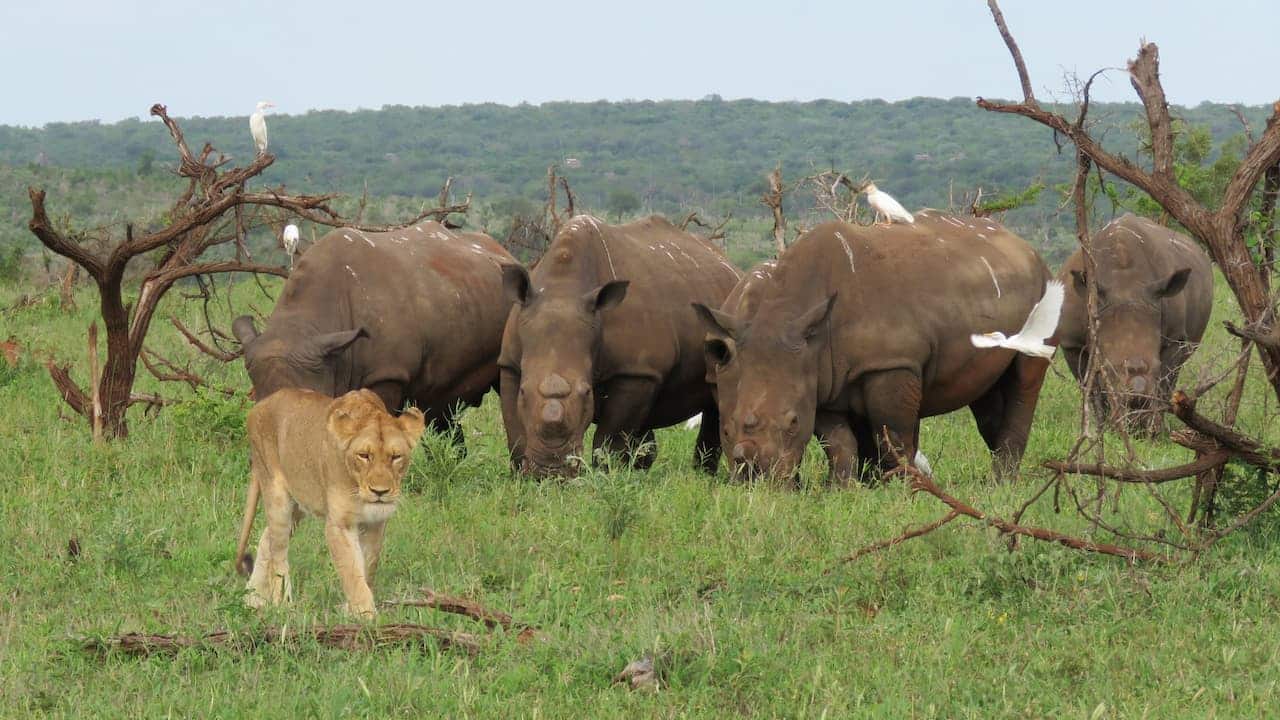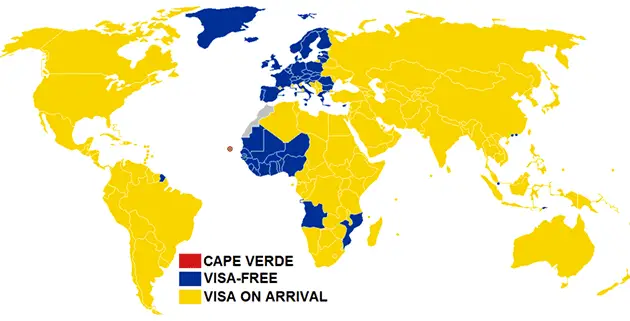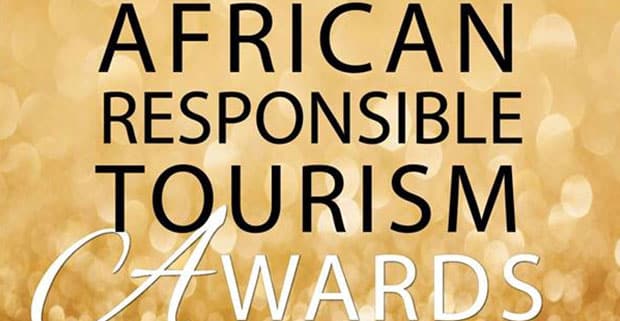Congratulations to Theuns Vivian
Congratulations to Theuns Vivian – readers in the Western Cape might remember him as t
You don’t get Doctors of Tourism in every guesthouse. Especially for smaller businesses, the title of Dr. Vivian’s thesis must draw immediate attention: ‘Tourism business growth with specific reference to black economic empowerment in the tour operating sub sector in South Africa’.
Just a quick bit of background: Theuns, who currently works for the City of Cape Town as its Destination Development Manager, has a BEcon from the University of Stellenbosch (1984), a BCom honours from Unisa (1987) and an MCom from Stellenbosch (2000) – and he is also the holder of a Good Samaritan Award (from the then Minister for Tourism, Pallo Jordan) for his dedication and commitment to tourism and the people of South Africa. His master’s thesis was titled ‘Increased tourism flow through utilisation of excess capacity in air transport’.
And when I asked him how me managed all this – he’s married with children – he said, “Through this long and hard struggle I developed my own bit of wisdom: To be successful, you need at least one person to believe in you… even if it’s just yourself.”
For his doctorate, he studied the level of black economic empowerment (BEE) amongst tour operators, and also tried to determine measures that would expedite the establishment of BEE in the sub-sector. “My research indicates that the vast majority of tour operators in South Africa are small businesses – with 62,3% reporting turnovers of R 2,5 million or less per annum, and 63,9% indicating that they employ two people or less. Only 14,3% of respondents were 100% black owned” he said.
He said that the size of the enterprises he studied makes it difficult for them to attract investment or for them to involve previously disadvantaged individuals (PDIs), since it’s almost impossible to offer equity or stock options – and these are important vehicles for bringing PDIs into positions of ownership.
“72% of respondents indicated that they support BEE in principle, but only 61,8% of them have been able to implement any of the seven pillars of BEE scorecard, and the degrees of implementation vary according to the different components of the scorecard.”
In the scorecard – unlike in narrow-based economic empowerment models – equity ownership counts for 20%, while management counts for 10%. The other five pillars of the scorecard – the indirect empowerment pillars – are employment equity (15%); skills development (15%); preferential procurement (20%); enterprise development (15%) and socio-economic development (5%).
“Not surprisingly, the procurement and social investment pillars achieved the best results,” said Theuns.
In general, he believes that his findings might be a little controversial, “Because it’s about a principle, and the fact is that people like to apply principles when it suits them. In fact, BEE is not a punitive measure – it’s a new opportunity to expand into new markets. In order to grow the tour-operator sub-sector and create opportunities for the expansion of BEE, government needs to provide training and education as well as dedicated incentives to help gain access to markets and capital.
“The thing is, though, that the bulk of the people I interviewed have not made use of the existing incentive schemes because they’re looking for finance for marketing – and this is where SA Tourism and similar provincial bodies have such an important role to play.
“It isn’t government’s job to create and sell things like packages: government’s job is to create an enabling environment in which the operators can do that – and that often means subsidising the cost of trade shows. The second point that seems clear to me is that we’re making a big mistake by looking only at the numbers in BEE – we’re not comparing apples with apples. There’s a lot of good will amongst small operators, which are predominantly white-owned. They do a lot of work in their communities, and they usually source from local suppliers wherever they can. But it’s difficult and expensive for them to comply – or even to measure their compliance. There are so many entities to which they need to subscribe – the Tourism Grading Council, the green labels – that if government wants the operators to verify their BEE status, it needs to subsidise the process heavily”.
Theuns’ research questions the suitability of all the pillars of the tourism BEE scorecard – because, he said, the scorecard was written for big business, who have the means and the expertise to put BEE into practice.
Theuns also posed a question which must be on the minds of many small business owners: “If BEE and equity are the principles through which you provide PDIs with a slice of the cake – does the principle apply to 100% black-owned businesses too? You can’t have an obligation that affects only one section of the economy,” he said.
So what’s the answer if we want to see BEE really take off?
“We need to relook at the score card but the bottom line is that we need growth. Government’s package of incentives should strive to support this to enable expansion of business, the development of start-ups, the effective implementation of BEE, and so forth. If we merely switch the hands of ownership, the nett effect won’t bring change to South Africa. Look at Malaysia – they achieved their equivalent of BEE in a much shorter time than planned, and they ascribe this to massive growth. But how we achieve that – well, that wasn’t part of this study” said Theuns.
Martin Hatchuel is the author of This Tourism Week http://www.thistourismweek.co.za/





